Bachelor's Degree in Physiotherapy
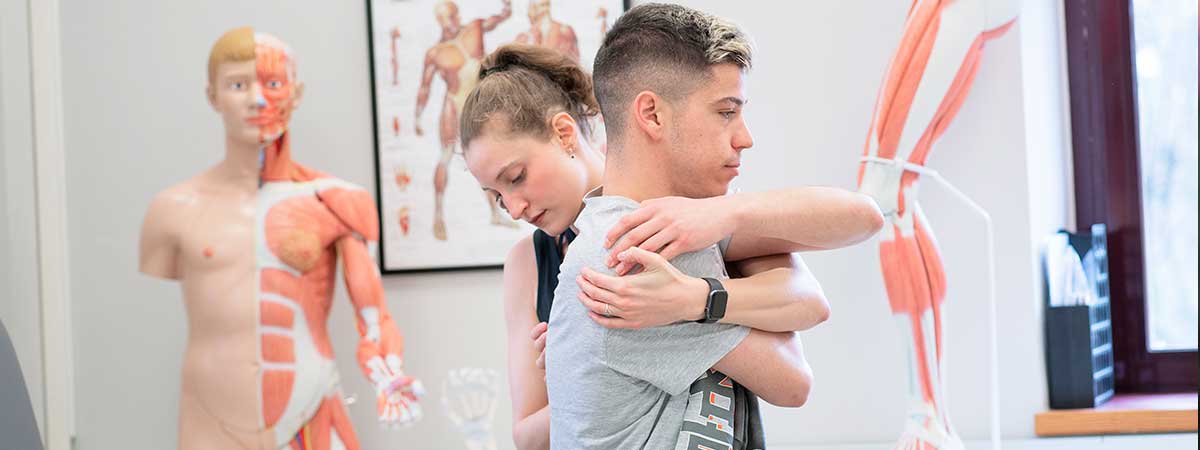
Approach based on practical experience
The Bachelor's Degree in Physiotherapy from Nebrija University trains professionals capable of intervening at all levels of care, guaranteeing the promotion, prevention, maintenance and recovery or functional readaptation of the individual and the community.
>The curriculum provides the opportunity to develop basic and specific skills that, based on knowledge of anatomical and physiological normality and an understanding of basic science concepts, allow progress towards specific areas of knowledge and physiotherapeutic intervention.
The itinerary of laboratory practices throughout the entire Bachelor's Degree allows students to globally develop skills in a safe environment, and greatly complements the extensive practical training that gives access to the best centers of the public health system and private from their very first year.
The degree is taught at the Campus of Life Sciences, in La Berzosa, offering the student the opportunity to have laboratories and practice rooms innovatively equipped with the best scientific-technological tools at the time. In this way, the teaching-learning process and the acquisition of the skills and abilities necessary for a successful integration into the working world are promoted.
Read +Clinical Simulation Itinerary
A distinguishing feature is the incorporation of a solid itinerary of skills training and clinical simulation that allows students to train in realistic scenarios that constitute a safe learning environment. This itinerary is integrated into the different subjects, complementing and keeping coherence with the theoretical learning process and allowing its preclinical application.
The program’s organization is committed to providing care to areas of clinical specialization, without losing focus of the training of general practitioners for which the degree provides qualifications. This allows us to guarantee a professional profile capable of responding to the current morbidity derived from greater child survival sometimes associated with disability and/or special needs and, at the same time, the increase in the elderly population with the demands of aging and the increasingly prevalent non-communicable diseases. Along the same lines, the specific health needs of women are addressed.
On the other hand, this Bachelor's Degree is developed in total harmony with the global and interprofessional health approach promoted from the School of Life Sciences (FCVN), recently created at Nebrija University, and to which this degree belongs, in clear connection with other Bachelor's Degrees taught, such as Physical Activity and Sports Sciences, and Nursing.
Read LessDiscover our Bachelor's Degree in Physiotherapy, a program with an entirely practical approach, in which you will learn the best way: by doing. You will enhance your professional profile with internships at the best companies, hospitals and healthcare centers.

 Xabier Hernández Oñativia
Xabier Hernández Oñativia
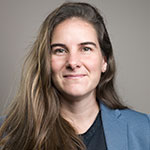 Sara Uceda Gutiérrez
Sara Uceda Gutiérrez
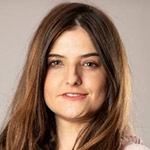 Olivia García-Velasco Rubio
Olivia García-Velasco Rubio
 Patricia Vizuete Escobar
Patricia Vizuete Escobar
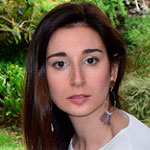 Natalia Arias del Castillo
Natalia Arias del Castillo
 Andrés Arriaga Arrizabalaga
Andrés Arriaga Arrizabalaga
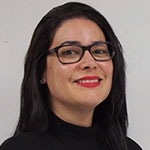 Juliana Barbosa Lins de Almeida
Juliana Barbosa Lins de Almeida
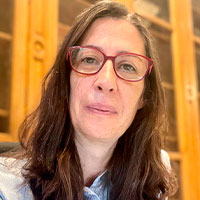 Ana Isabel Beltrán Velasco
Ana Isabel Beltrán Velasco
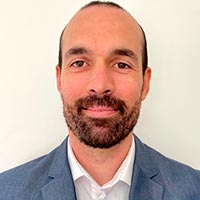 Silvestre Cabezas
Silvestre Cabezas
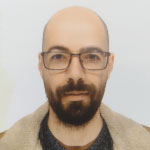 Javier Calleja Conde
Javier Calleja Conde
 Lucía Carbajo
Lucía Carbajo
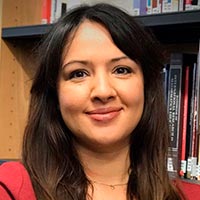 Carolina Cárcamo Vergara
Carolina Cárcamo Vergara
 Beatriz Cobos
Beatriz Cobos
 Jaisalmer de Frutos Lucas
Jaisalmer de Frutos Lucas
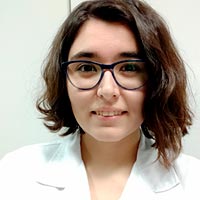 Cristina de la Fuente
Cristina de la Fuente
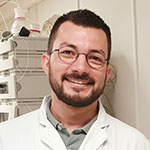 Víctor Echeverry Alzate
Víctor Echeverry Alzate
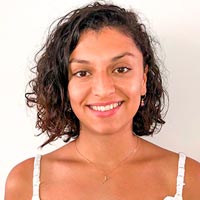 Yanixa García Castañeda
Yanixa García Castañeda
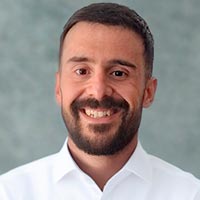 Ricardo García Márquez
Ricardo García Márquez
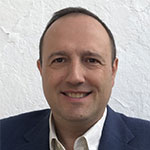 Luis García Villameriel
Luis García Villameriel
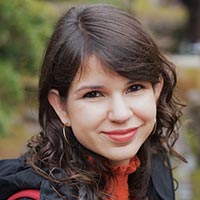 Irene Guevara de Haro
Irene Guevara de Haro
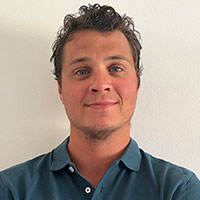 Luis Gutierrez Morante
Luis Gutierrez Morante
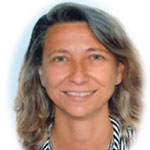 Inés Hoyos Asensio
Inés Hoyos Asensio
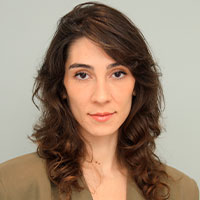 María Hurtado
María Hurtado
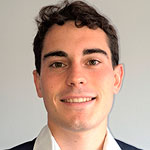 Gabriel Luis Isla Joulain
Gabriel Luis Isla Joulain
 Lara Jiménez Martín
Lara Jiménez Martín
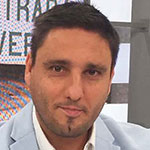 Jorge Jiménez Serrano
Jorge Jiménez Serrano
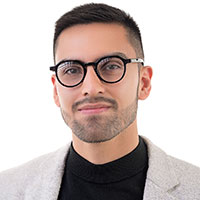 Roberto Andrés Lasso Báez
Roberto Andrés Lasso Báez
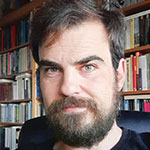 Luis Martínez Guerrero
Luis Martínez Guerrero
 Susana Méndez Gago
Susana Méndez Gago
 Marta Méndez Rico
Marta Méndez Rico
 Virginia Navarro Mangado
Virginia Navarro Mangado
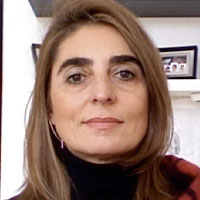 María Nuñez Bernardos
María Nuñez Bernardos
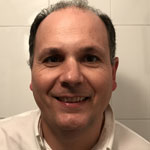 Jesús Olea Ferreras
Jesús Olea Ferreras
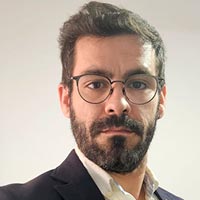 David Paniagua Sánchez
David Paniagua Sánchez
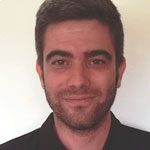 Mario Paños Gómez
Mario Paños Gómez
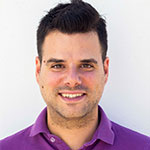 Manuel Reiriz Rojas
Manuel Reiriz Rojas
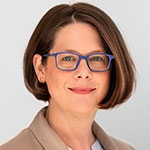 Jennifer Angelika Rieker
Jennifer Angelika Rieker
 Benjamín Rodríguez Expósito
Benjamín Rodríguez Expósito
 Patricia Sanchez Caja
Patricia Sanchez Caja
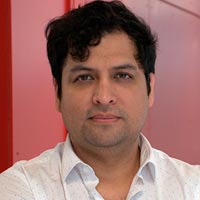 Jesús Sierralaya
Jesús Sierralaya
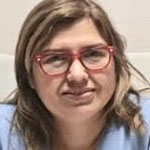 Angélica Millie Soria Claros
Angélica Millie Soria Claros
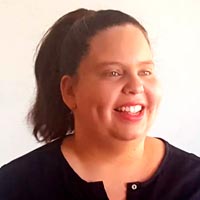 Noelia Sosa
Noelia Sosa
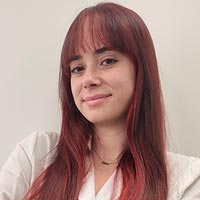 Silvia Tortosa
Silvia Tortosa
 María Vaillo Rodríguez
María Vaillo Rodríguez
 Isabel Varela Montero
Isabel Varela Montero
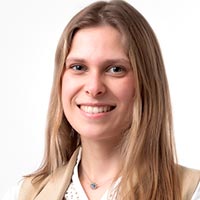 Aída Vázquez Sosa
Aída Vázquez Sosa
 María Vega Sanz
María Vega Sanz
 Iván Vinuesa López
Iván Vinuesa López
 Félix Zaragoza Cuesta
Félix Zaragoza Cuesta